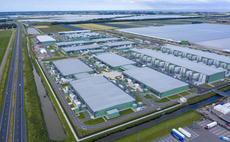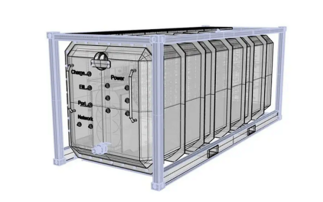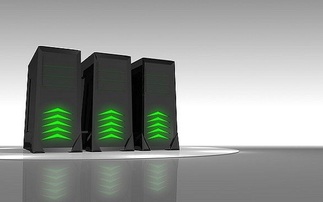So-called PODs were up and running just four months after HP took the order
Aircraft manufacturer Airbus has taken on two HP Performance Optimised Data Centers (PODS) to help with research and development for the design of its aircraft. The PODs were created in Erskine,...
To continue reading this article...
Join Computing
- Unlimited access to real-time news, analysis and opinion from the technology industry
- Receive important and breaking news in our daily newsletter
- Be the first to hear about our events and awards programmes
- Join live member only interviews with IT leaders at the ‘IT Lounge’; your chance to ask your burning tech questions and have them answered
- Access to the Computing Delta hub providing market intelligence and research
- Receive our members-only newsletter with exclusive opinion pieces from senior IT Leaders



















